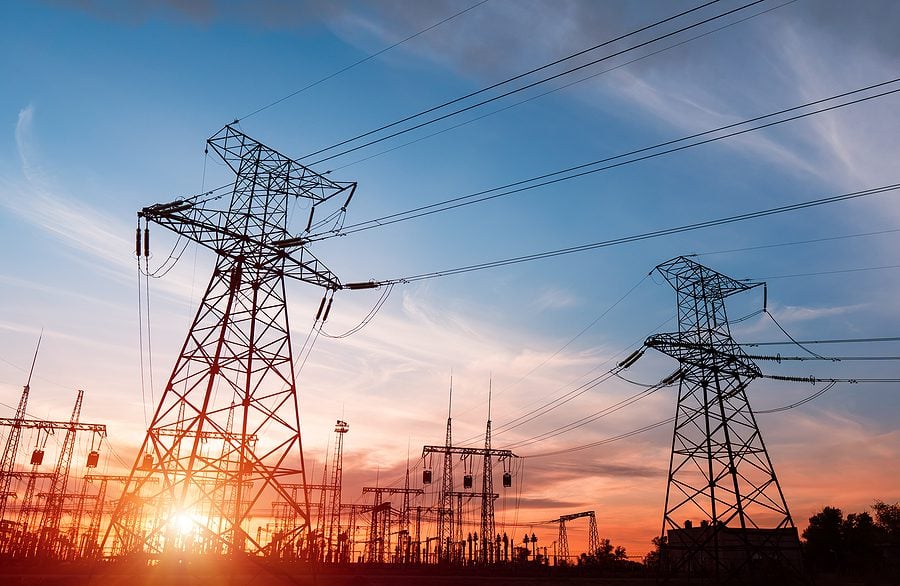Trenton, NJ – New Jersey residents may soon see their energy bills calculated in a whole new way, as the state’s Board of Public Utilities (BPU) has approved a groundbreaking “equity” plan to link utility rates to household income.
The decision, finalized at a recent BPU meeting, aims to address energy affordability but has sparked intense debate across the Garden State.
That means, the more money you make, the more you will have to pay for energy. It’s being hailed as a success fine and unconstitutional by some. This means many in New Jersey won’t be seeing a 20% rate hike in June. If this is approved, you can see your energy bills soar, some say as much as 50%, depending on how much money your family earns.
Under the proposed framework, utility bills would no longer be solely based on energy consumption. Instead, rates would vary depending on a household’s income level. High- and middle-income families could face rate increases, while low-income households—particularly those already qualifying for state utility assistance programs like the Universal Service Fund (USF)—might see their bills reduced.
The move comes as New Jersey braces for electric bill hikes of up to 20% starting June 1, driven by rising operational costs and the state’s ambitious clean energy goals.
BPU President Christine Guhl-Sadovy defended the plan, emphasizing its focus on fairness. “Nobody wants to see their bills go up,” she said in a statement. “This initiative is about ensuring energy remains affordable for all ratepayers, especially those who need assistance the most.”
The BPU points to a recent report, “An Assessment of Energy Affordability in New Jersey and Alternative Policy and Rate Options,” which recommends income-based rates as a way to ease the burden on low- and moderate-income families. The report, accepted by the BPU on March 19, highlights that only 20% of eligible households currently participate in the USF, prompting calls for expanded outreach and support.
Critics, however, see the plan as a step too far.
Senator Anthony Bucco (R-25), the Senate Minority Leader, slammed it as a “redistribution tax” that unfairly targets working families. “New Jersey families are already grappling with some of the highest energy costs in the nation,” Bucco said. “Rather than burdening more residents with higher bills, we should be reducing costs by expanding reliable energy sources like natural gas.” He argued that the state’s progressive energy policies—such as phasing out fossil fuels in favor of renewables—have driven up prices without delivering promised relief.
The proposal also raises practical concerns. How will income data be collected and verified? Opponents warn of privacy issues and administrative headaches, drawing parallels to a similar “fixed charge” plan in California that faced backlash over fairness and transparency.
What happens if you lose your job? Will your rate immediately change? What happens if you get a promotion? Do you start paying more automatically? Those questions remain unanswered by state and BPU officials.

